Human Rights
04/23/2025
Since 2023, international lawyer Mina Kobayashi has been working alongside Lively as an advisor, focusing her efforts in the field of “Business and Human Rights.” In this interview, we look back on her journey so far and hear her thoughts on the future she hopes to build together with Lively.
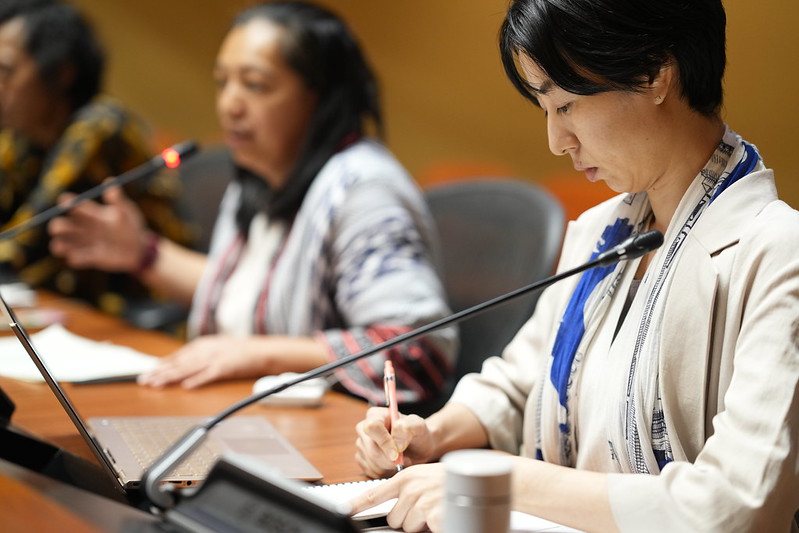
Mina Kobayashi
Attorney (at ANSWERZ Law Firm), New York State Bar Member
During her student years, she studied international human rights and development. Currently, as a lawyer, she is engaged in areas such as business and human rights, sustainability law, and the promotion of DE&I (Diversity, Equity & Inclusion).
Driven by her desire to “pass on a better Earth and society to future generations,” she joined Lively in 2023 to help make that vision a reality. In her personal life, she is in her third year of practicing composting. She believes that tackling environmental and social issues requires both small daily actions and large-scale global efforts—and she aims to adopt that kind of balanced approach moving forward.
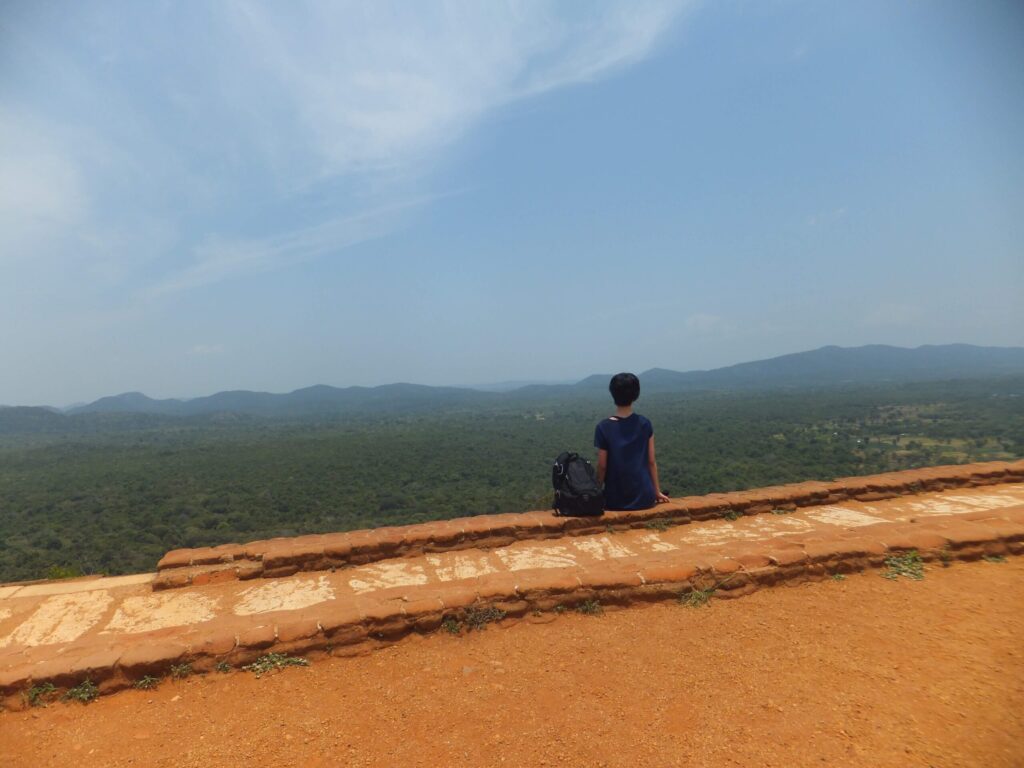
I was born in the countryside of Gunma Prefecture and grew up in a relaxed, peaceful environment. At the time, the internet hadn’t yet become widespread, so the only real opportunity I had to experience the outside world was during our once-a-year family trips within Japan. My dream for the future back then was to become an elementary school teacher — the idea of becoming a lawyer never even crossed my mind.
The moment my closed-off world opened up was when I saw Sadako Ogata on television during high school. As the head of UNHCR (United Nations High Commissioner for Refugees), she was visiting conflict zones, wearing a helmet and bulletproof vest, leading a team through the rubble… Seeing her in that role made me realize, “There’s a whole other world out there.” That moment became a formative experience that still connects to what I do today. From then on, I developed a strong interest in the international community and went on to study international relations at university.
But over time, I also began to wonder why Ms. Ogata’s image stayed with me so deeply. Perhaps it had something to do with the fact that she was a woman.
These days, I’m also interested in gender issues, and whenever we talk about stereotypes—like “men should work outside, and women should stay home and do housework”—the topic of role models often comes up. I think the experience of seeing someone you admire and being able to picture yourself in their place — like I did when I saw Ms. Ogata as a child — can have a profound impact on your future. Through this interview, I’ve come to appreciate once again how grateful I am to have had her as a role model.
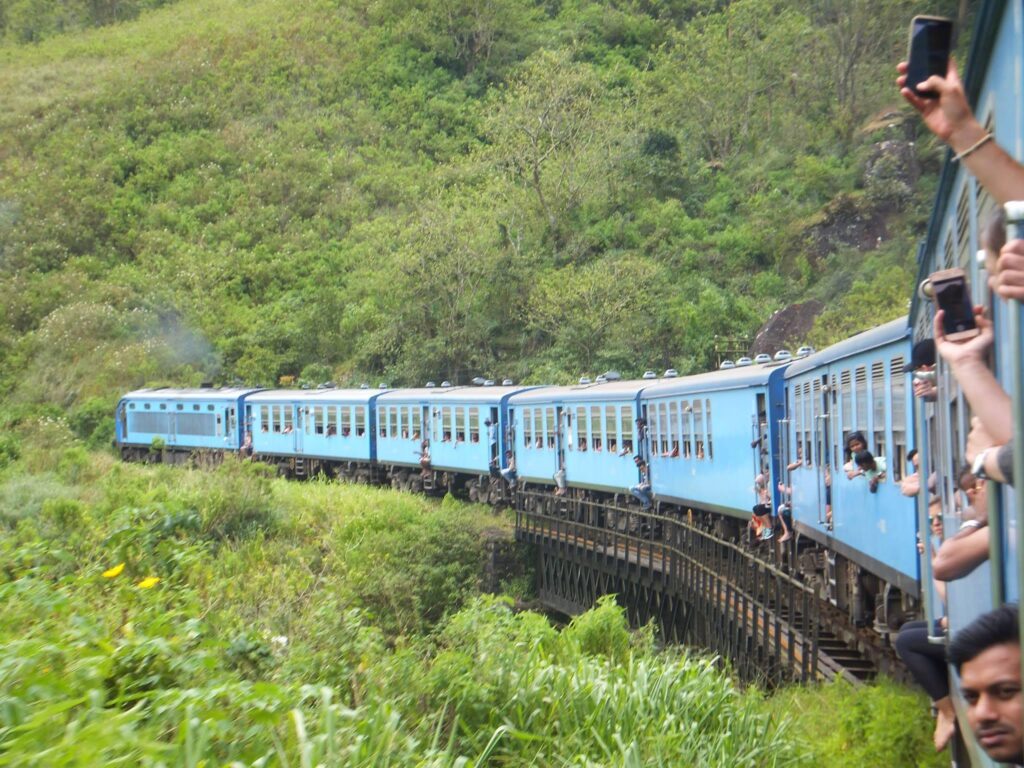
My first trip abroad was during the summer break of my first year at university. I went to Turkey with a friend. I had always enjoyed English and world history classes, and I chose the destination because I wanted to see the mosques I had seen in my textbooks with my own eyes — which, looking back now, feels like a very earnest reason for picking a travel destination.
When I visited Turkey, I passed the same road every day that connected the old city and the new city for sightseeing. Along that route, I noticed a spot tucked between two buildings where an elderly man and his grandson would sit and drink chai (Turkish tea) together. After a few days, they started calling out to us, saying, “Why don’t you stop by for a bit?” From then on, my friend and I would sit and chat with them over tea every day. It was a short trip, but it taught me how wonderful it is to connect with local people.
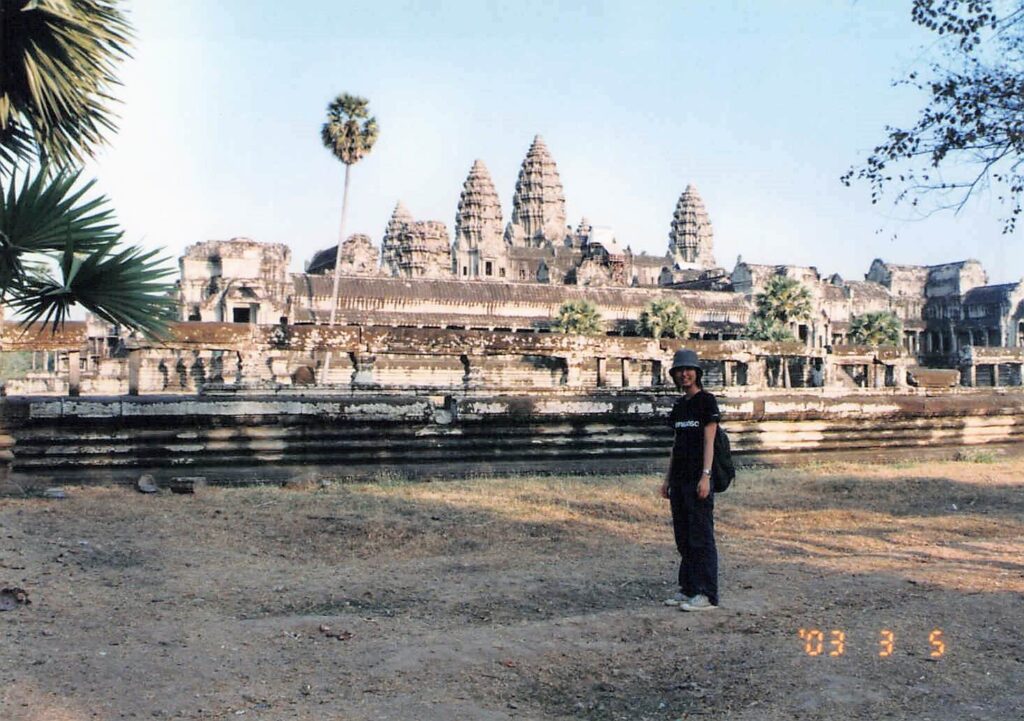
Much like my trip to Turkey, I visited those countries because I wanted to see historical sites and ruins.
But what struck me during those travels were the scenes I encountered that I hadn’t expected. At tourist spots, I saw children — some as young as three years old — selling postcards to tourists. In some ruins, children around ten years old would say, “I’ll be your guide,” and then ask for money. These were firsthand encounters with child labor — something that’s now more widely recognized as a serious issue. I remember talking with my friend at the time, wondering, “These kids clearly need money right now, but is it really right to give it to them if we think about the long-term consequences?” It was one of those moments that made us stop and think deeply, and it’s stayed with me ever since.
Actually, no — although I was interested in international human rights as a university student, I had never really considered becoming a lawyer. I had a vague aspiration to work for an international organization someday. The turning point came when, just as I was graduating from university, the law school system was introduced in Japan. I heard that it had widened access to the legal profession, and I began to think that having a legal qualification might open up more possibilities for the future. That’s what led me to take the bar exam — and that brought me to where I am today.
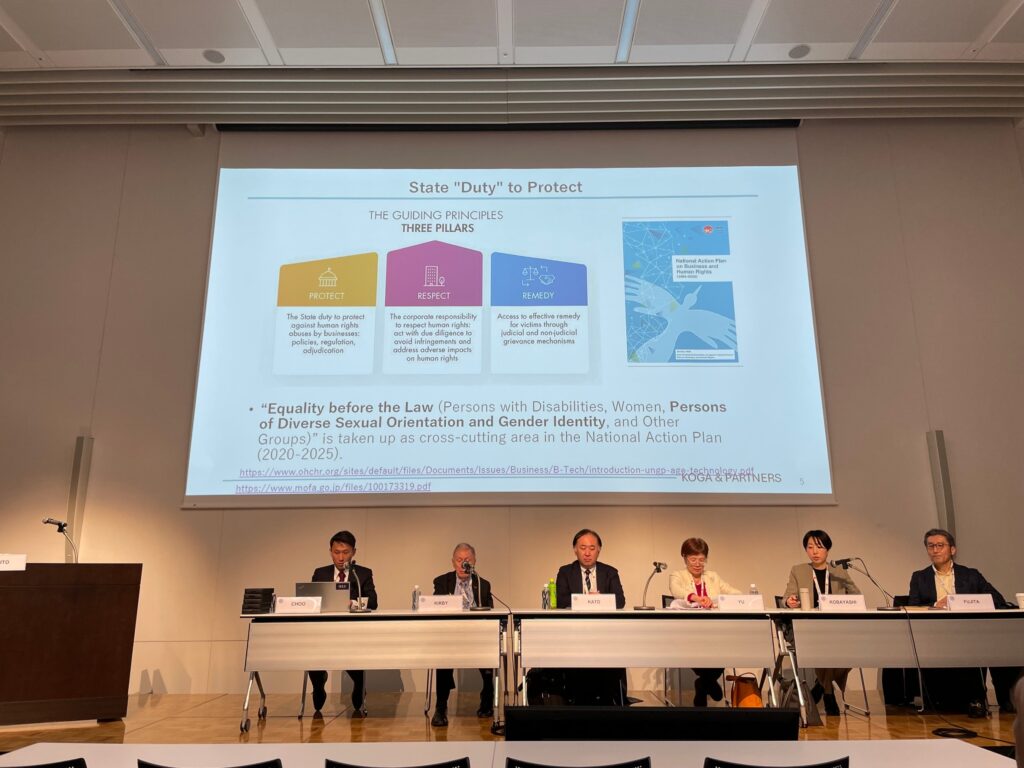
I began my career as a lawyer working in corporate legal affairs. At the time, human rights were rarely discussed in the context of corporate law, so I engaged with human rights issues on my own, as a kind of personal mission alongside my professional work.
In 2012, I temporarily left legal practice and studied at the University of Washington School of Law. There, I focused on topics such as the Millennium Development Goals (MDGs), which were the precursor to the SDGs, as well as international human rights and development issues. Among my classmates were women from Muslim-majority countries like Afghanistan and Indonesia, which sparked a deeper interest in gender issues. I also became involved in a project addressing the challenges of pregnancy and childbirth among young women in Indonesia.
After studying abroad, I returned to Japan and resumed working as a lawyer. While the core areas of my legal work didn’t change significantly, I became more actively engaged in my human rights-related efforts as a personal mission.
In particular, since the United Nations adopted the Guiding Principles on Business and Human Rights in 2011, there has been growing global awareness around the importance of respecting human rights in business practices. In Japan as well, following the rise of SDGs and ESG initiatives, I’ve seen increasing attention being paid to the concept of “Business and Human Rights.”
In the second part of this interview, Mina Kobayashi will share more about her journey as an international lawyer and her involvement with Lively.
Click here to read the rest of the article.
Ryoko Nishi / Writer & Photographer